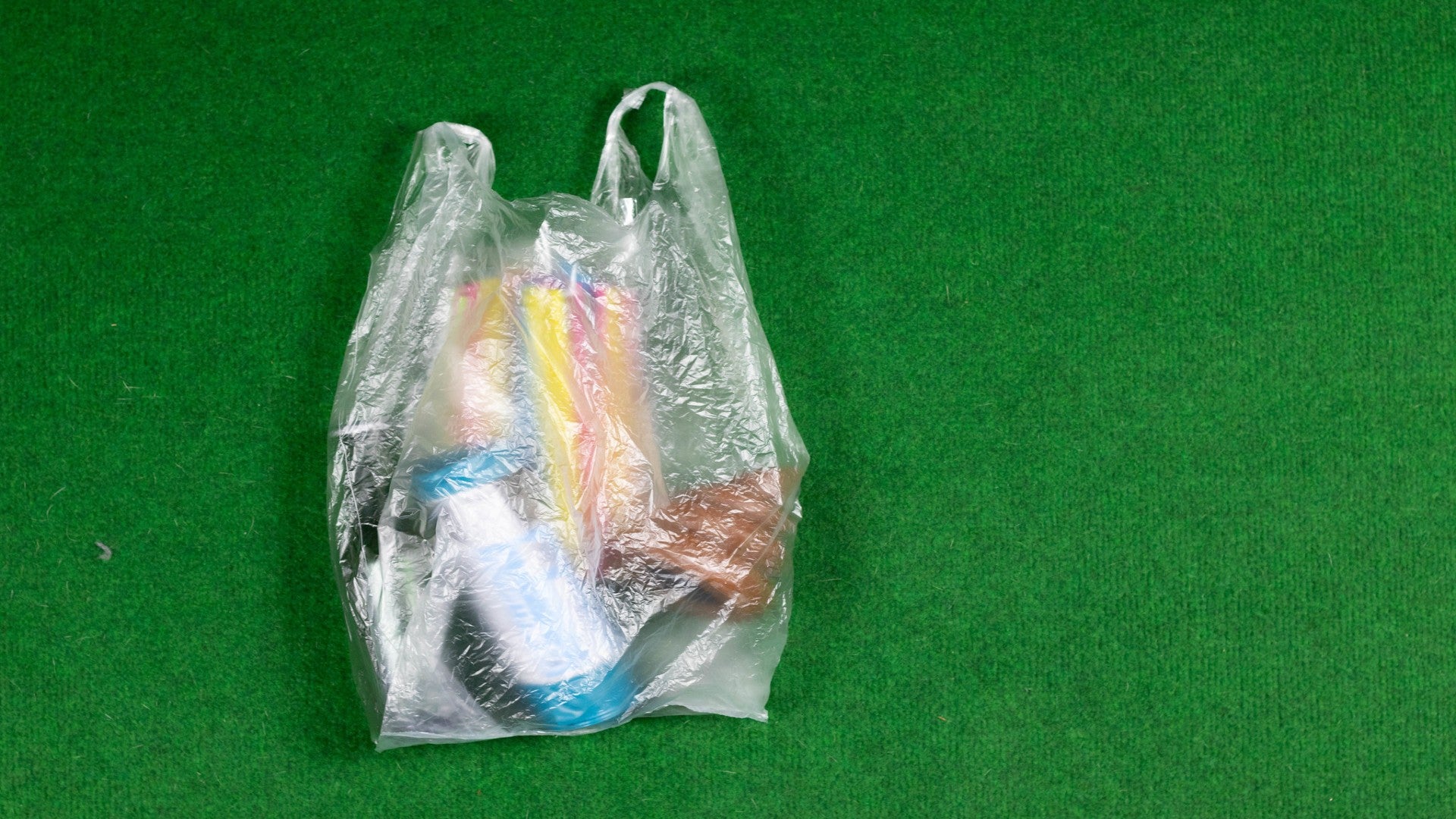
The Delhi Pollution Control Committee (DPCC) in India has reportedly directed the closure of 16 illegal plastic manufacturing units in New Delhi over the last two months.
During February and March this year, teams of DPCC inspected 25 industrial units that specialise in manufacturing plastic carry bags in Bawana and Narela industrial areas, PTI reported.
Nine of the 25 complied with norms, while the remaining 16 units allegedly violated the Plastic Waste Management rules, 2016.
The defaulting units were reportedly requested to cease operation, while an environmental damage compensation of $16,668 (Rs1.2m) has also been imposed on them.
PTI quoted an official as saying: “They did not have a valid consent to operate from the DPCC. The carry bags being manufactured by them were of inappropriate thickness (less than 50 microns).”
Last month, the Environment Ministry of India revealed a set of draft rules that aim to ban several categories of single-use plastic items in two phases starting 1 January 2022.
The proposed Plastic Waste Management (Amendment) Rules, 2021 will be implemented in three stages starting this year until mid-2022.
As part of the first rule, each sheet of non-woven plastic carry bag shall not be less than 60 GSM/m2 or 240 microns in thickness, while carry bag made of virgin or recycled plastic shall not be less than 120 microns.
In second phase, six categories of single-use plastic including earbuds with plastic sticks, plastic sticks for balloons, plastic flags and more will be banned for sale, use, manufacture, stocking, import and distribution starting January next year.
The third stage will come into effect from 1 July 2022.



